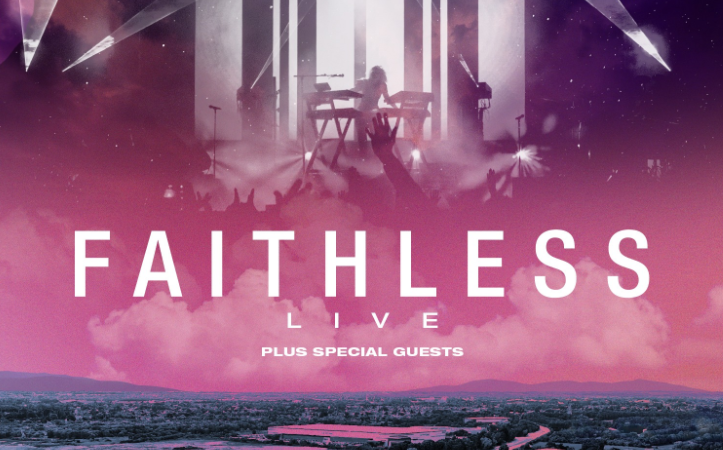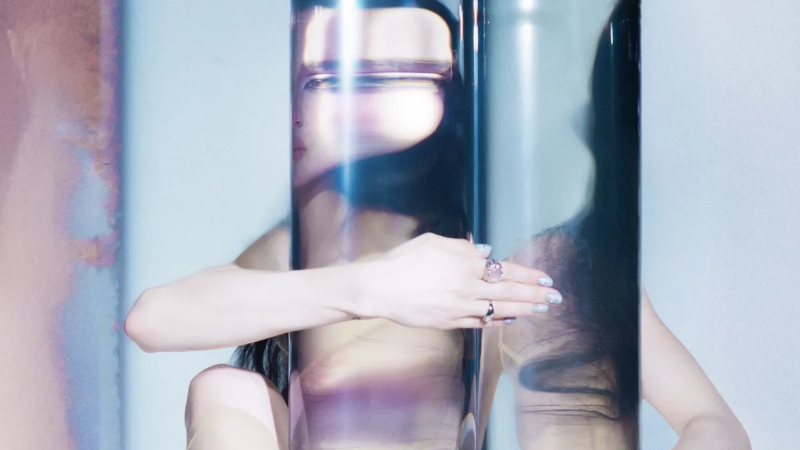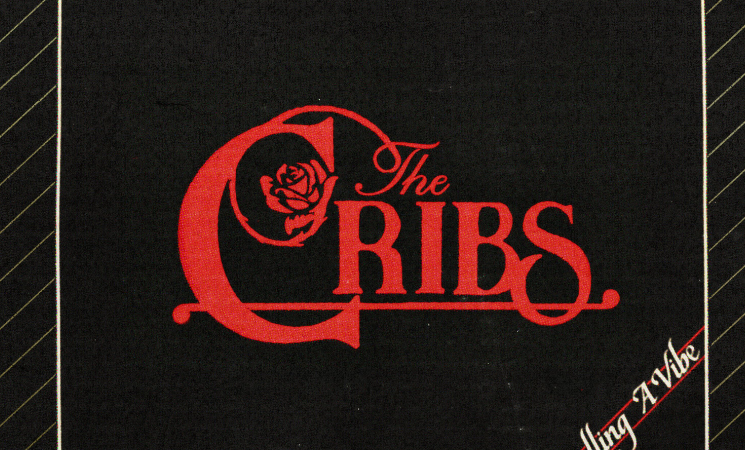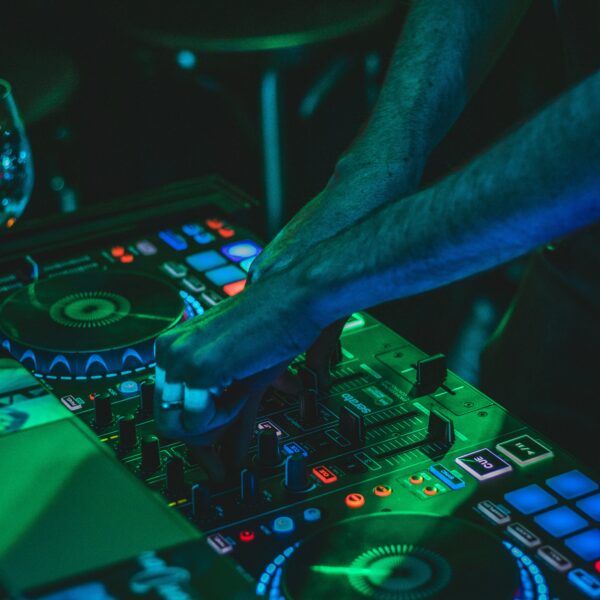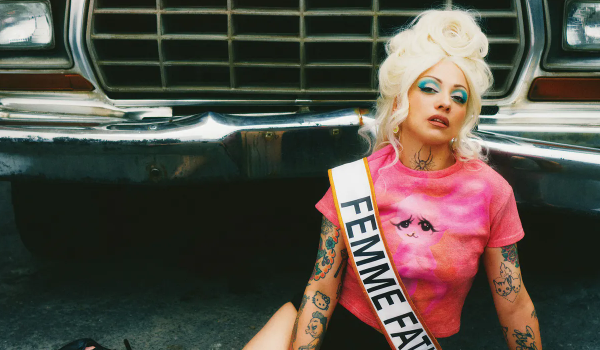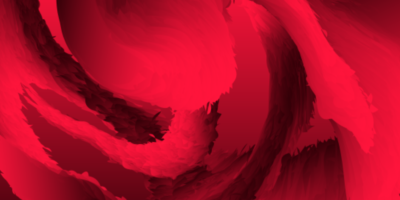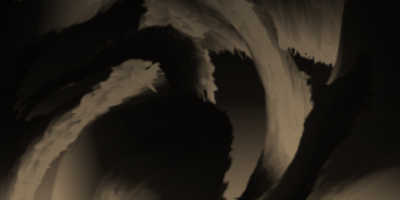The abrasive sound of Atari Teenage Riot makes people either shy away or want to hear more. But often, it’s the message of their lyrics, not the breakcore inspired drum sequences, distorted vocals or whirring punk guitars that cause the most discourse.
Legendary Atari Teenage Riot frontman and Social Network soundtracker Alec Empire, spoke to Kara Simsek about how people find it harder to come to terms with the German trio’s message rather than their music.
When Atari Teenage Riot first formed in 1992 Berlin, the world was a very different place. Their home city was still finding its feet after unification in 1989, and Empire, along with Carl Crack and Hanin Elias, decided to form a band that would stand up against the far-right message that was becoming commonplace in German techno. Their standpoint was one of anarchy, fiercely anti-capitalist, anti-Nazi and anti-fascist, one which urged people to rise up against the government and divert the path of the future.
Almost twenty years after their 1995 debut Delete Yourself, the themes found in that album remain relevant, and now the release of Is This Hyperreal?, the band’s fourth studio album, is set to introduce them to a whole new generation of fans.
“People say to me after shows – other artists or fans – they say ‘I didn’t see things like this before, wow, thank-you,’” says Alec. “That’s really the idea of the band, to bring certain things out for discussion and to sometime provoke a reaction. It’s almost like nobody does that anymore, I think it’s a good way to make people form their own opinion. When you ask people their opinion on certain events, they perhaps just repeat what they have heard on the news.”
ATR’s lyrics paint a bleak picture. It’s a landscape blotted by inequality, social unrest, injustice and oppression. When Alec is asked which dystopia he thinks our society is living in – Orwell’s ‘1984’, a world that saw people restricted from accessing information, or Huxley’s Brave New World, where society was placated by media and recreation to the point that they simply don’t care about what’s going on, his answer is ominous.
“A mix maybe of both? I always think of ‘1984’ when I see the web cam on my computer. I know people who can open your CD rom drive from outside. If you access another person’s computer, you can have the computer on and the person who is working on it doesn’t know about it,” he reveals. “I think the difference is, with ‘1984’ the government forces that technology on to people, but now it seems that people are willing to open up and let them in. People need to understand to be much more aware of these things.”
But, don’t confuse him with a conspiracy theorist. “When we released the last Atari Teenage Riot album in 1999 I remember a quote a lot of people talked to me about, it was something about ‘conspiracy theories are a religion’ or something. There are conspiracies going on where it’s just in the nature of those in power to conspire, but I don’t believe that the Nazis are controlling the world.”
He also doesn’t believe in the ‘Hollow Earth Theory’, which argues that aliens live inside the Earth, using the North and South Poles as entry points in to a subterranean world we know nothing about. “I’m more of a need to see proof, kind of guy,” he says.
Nevertheless, it was a time of uncertainty and unspoken goings-on that has ultimately shaped his beliefs and his music. “I was always fascinated by the end of the world when I was a kid, but maybe that is something to do with growing up in Berlin,” he says. But he acknowledges that this mentality has been fruitful for generations before him. “I read that punk bands in America, The Ramones and people like that, thought that the nuclear bomb, that constant fear, influenced their music. To me, the apocalypse, that fear, is a fascinating thing – but so’s death.”
FIELD NOTES
- Original ATR member Hanin Elias now runs her own label, Fatal Recordings. It deals solely with female electronic artists.
- ATR originally reformed for a one-off gig, but the dynamic of the band was so strong and there was such demand for more shows that they continued.
- Alec did a special DJ mix for Dim Mak Records. Label boss Steve Aoki couldn’t believe it when Alec revealed he already had most of the promos. Alec says this is because he regards ATR as coming from a techno background and keeps abreast of what’s going on.
